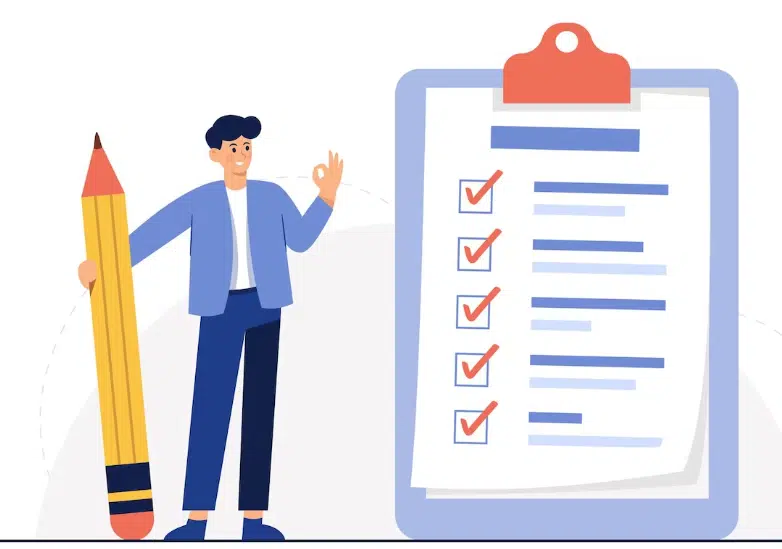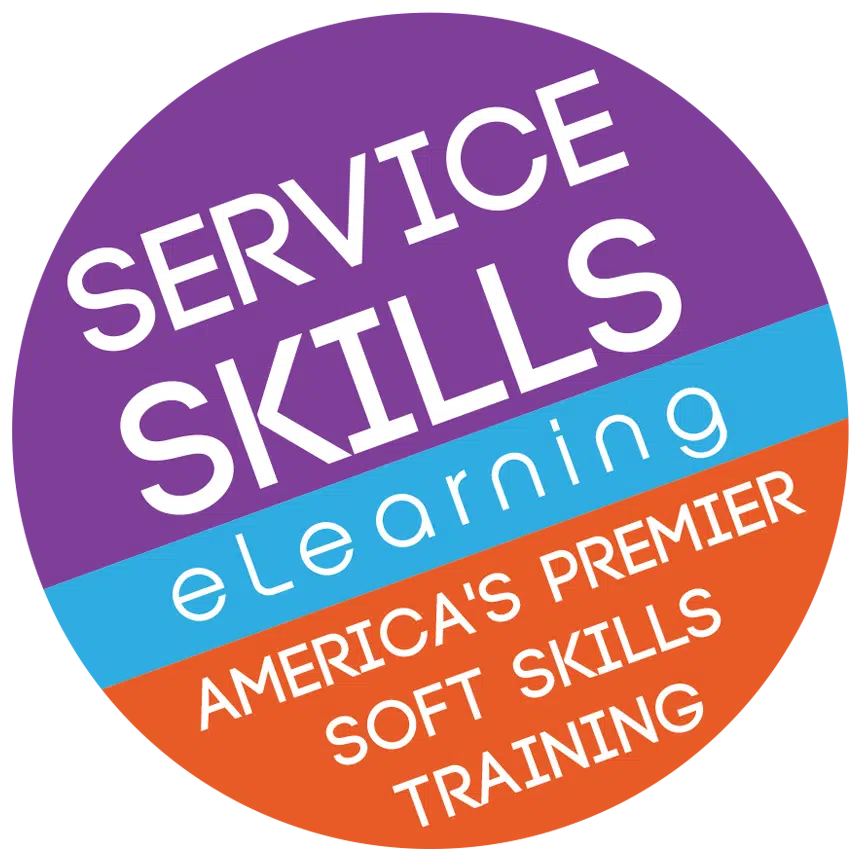Here’s what you should look for in a customer service skills training provider.
These days, there are a huge number of resources available for businesses on any given topic – marketing, product development, management…the list goes on. This also means there are numerous resources around improving customer service skills. However, even though the resources, both free and paid, are out there, many businesses are still struggling with recruiting and retaining customers because of poor customer service.
Clearly, not all the available resources are created equally. Some are difficult to implement, irrelevant to that organization’s specific context, or offer simply unrealistic guidance. Your employees’ time is valuable, and, quite frankly, many of the training resources available to them will waste their time. So how can you decide which customer service skills training provider or program to use? Start by considering these three main things:
What are your main areas of need as far as customer service skills?

- How easily are you recruiting new customers? When those customers do come to you, what reasons are they citing for choosing your organization?
- How efficiently are you retaining your current customers? Are your customers making repeat purchases with your organization?
- How effectively are your employees able to handle irate or upset customers? Are they able to recover service when things go wrong, or are these irate customers lost to competitors?
- How well do your employees treat one another? What is the culture and attitude within your organization? Do your team members treat each other as well as they treat the customers?
After you’ve taken an honest look at the state of customer service in your organization, generate a list of the skills that you feel your team will need to address first. For instance, you might find that your team is effective at recruiting new customers, but you’re struggling to retain those customers over time because you find that your service representatives struggle to handle difficult scenarios that arise when interacting with customers. In this case, you’ll want to identify a customer service skills training provider that offers training specific to this particular issue – for instance, ServiceSkills offers training on Service Recovery and How to Handle an Irate Customer. It’s no good to provide generic, broad training to your employees. Identify your areas of need and target those closely.
What is your budget?
This second point might sound obvious, but stay with us here. The old saying ‘you get what you pay for’ tends to be true in many situations, and, often, this type of training is one of them. For truly excellent training which is up to date and high-quality, you’ll need to pay accordingly. For some larger organizations with big budgets, this might not be an issue, but for smaller businesses who have less money to work with, this could be a point of stress. Identify the budget you have to work with, and then speak with the training provider of your choice to find out your options. A training provider who practices what they preach and delivers excellent customer service will be eager to jump on a call with you to find out how they can meet your needs with the resources you have available. For instance, ServiceSkills offers a free discovery call with a member of their expert sales team so they can provide you with specific information about your exact situation.
How will this training help set you apart?
In a world where the consumer has lots of options, your organization must set itself apart not just in the product or service you provide but also in the way you treat customers. Today, ‘good’ customer service should be the baseline. Your business should be considering how it can push itself even further past your competitors by providing truly excellent service, and this involves considering things that other organizations don’t.
When choosing between customer service training providers, look for those which offer training that goes beyond simply how to treat customers well day after day. Think of the unique or niche situations that your employees find themselves in, and identify providers who can offer training to improve skills related to those situations. For organizations who have remote employees, you might consider the ServiceSkills course on How to Ruin a Virtual Meeting. Or, you might offer your employees training on Neurodiversity at Work or Generations at Work, two often-overlooked topics. Regardless of the specific area you chose to focus upon, the training being provided to your business needs to help push your organization further, challenging your team members to be truly excellent.











